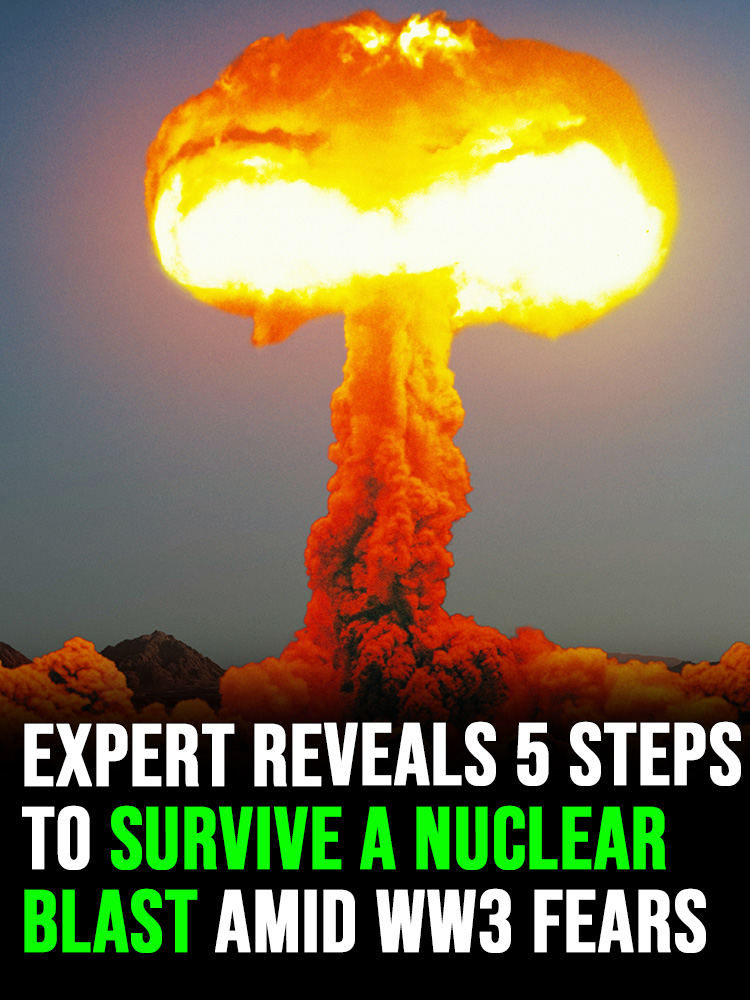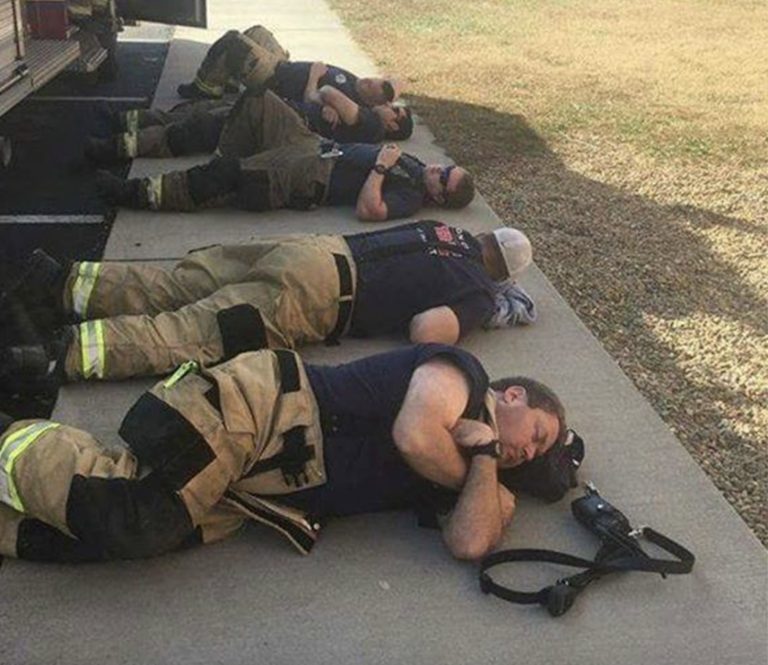At the age of 34, she was considered by many to be an experienced driver. There was nothing to suspect, however, on that cursed day, something terrible happened!
Courtney Ann Sanford, 34, a skilled driver, faced an unexpected end on a seemingly ordinary day. While driving, she felt a surge of joy as her favorite song, “Happy” by Pharrell Williams, played on the radio. Wanting to share her happiness, Courtney took a selfie and captioned it on Facebook, “This song makes me happy!” That split-second decision proved fatal.
Soon after, Courtney’s vehicle collided with a truck at approximately 60 km/h. The impact drove her car into a ditch and then into a tree. The crash was devastating; her car caught fire, and Courtney, trapped inside, tragically died.
When her family was notified, they learned about her final Facebook post, which was eerily timed around the accident. Law enforcement confirmed, “The post was made at 8:33 AM. At 8:34 AM, we received the emergency call.”
Courtney’s tragic end underscores the severe danger of distracted driving. Her story serves as a stark reminder: “When behind the wheel, focus on driving.”
This summary retains the original article’s essence and key quotes, while being concise and adhering to the word count limit.






